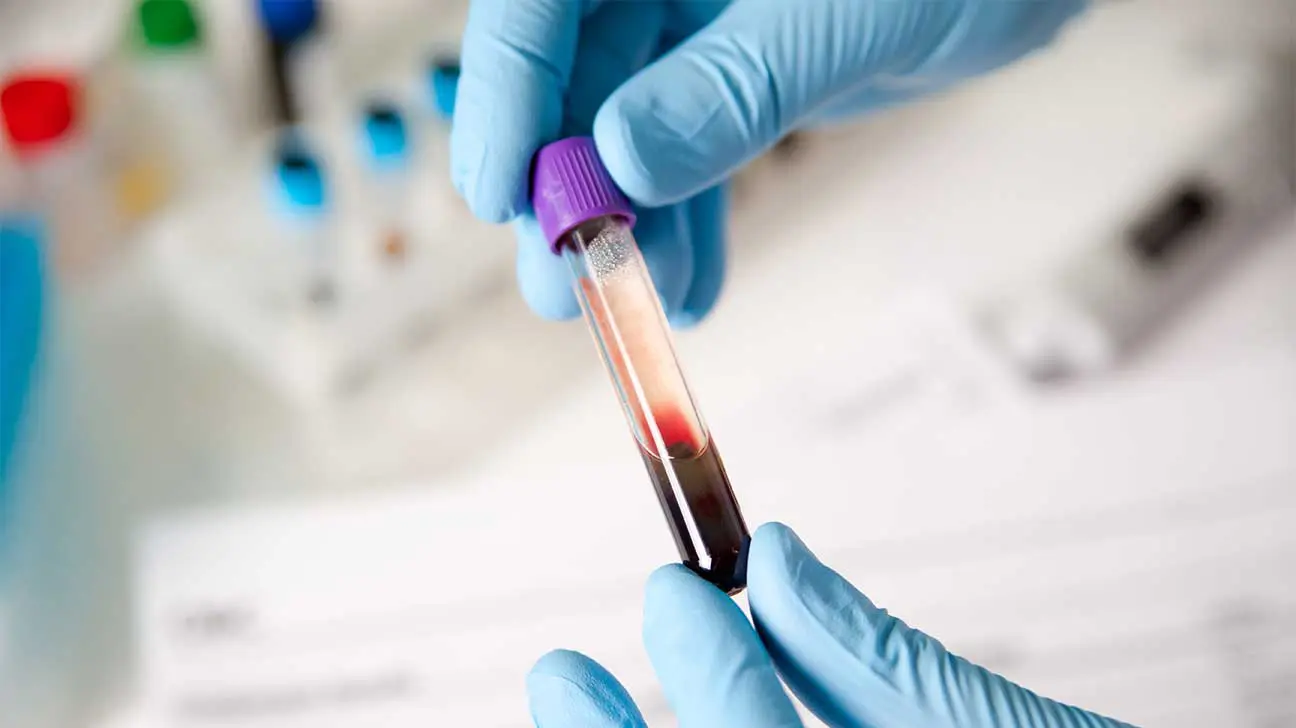
Klonopin (clonazepam) is a benzodiazepine drug that can stay in the blood for three or more days after your last dose.
Klonopin will not show up for the blood for very long after your last dose. For this reason, blood tests are not the most common drug testing method used to detect Klonopin use.
Detecting Klonopin In The Blood
On average, Klonopin can remain detectable in the blood for an average of 3 days after the last dose.
Factors That Can Affect How Long Klonopin Stays In Blood
The actual timeline for how long Klonopin will stay in a person’s blood can depend on several personal and biological factors.
Factors that can affect the detection time of Klonopin in blood include:
- drug dosage
- frequency of use
- duration of use
- method of use (e.g. swallowing or snorting Klonopin)
- metabolic rate
- body fat percentage
- use of multiple drugs
How To Get Klonopin Out Of Your System
The only way to test negative for Klonopin is to allow it to leave the system naturally. If you’ve been taking Klonopin for more than a few weeks, do not try to stop taking it all at once.
People can become physically dependent on Klonopin through regular, chronic use. This can trigger potentially dangerous withdrawal symptoms if you try to stop taking it all at once.
Call Today To Find Treatment For Klonopin Abuse
Worrying about testing positive for Klonopin is a common sign of drug abuse.
If you or a loved one is abusing Klonopin, call our helpline today to find a drug abuse treatment program that’s right for you.
Addiction Resource aims to provide only the most current, accurate information in regards to addiction and addiction treatment, which means we only reference the most credible sources available.
These include peer-reviewed journals, government entities and academic institutions, and leaders in addiction healthcare and advocacy. Learn more about how we safeguard our content by viewing our editorial policy.
- U.S. Food and Drug Administration (FDA)—Klonopin (clonazepam) tablets
https://www.accessdata.fda.gov/drugsatfda_docs/label/2013/017533s053,020813s009lbl.pdf - U.S. National Library of Medicine: MedlinePlus—Clonazepam
https://medlineplus.gov/druginfo/meds/a682279.html - University of Rochester Medical Center—Clonazepam Level (Blood)
https://www.urmc.rochester.edu/encyclopedia/content.aspx?contenttypeid=167&contentid=clonazepam_level_blood


